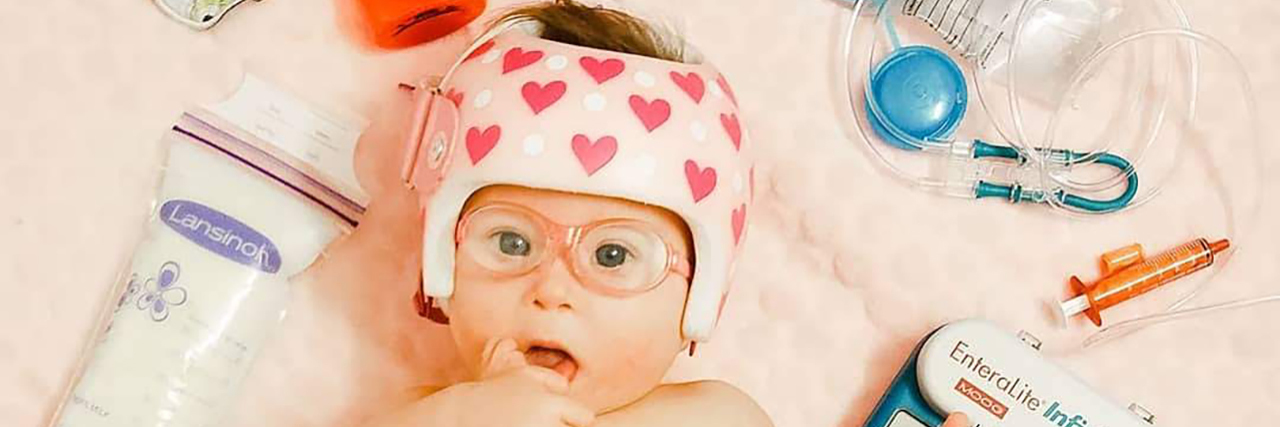A couple months ago, something happened when I took my kids to the park. It was an experience I have lived from another side. Experiencing it from this side, from the side of a mama whose child has a disability, it broke me. When I posted about it on social media, I learned I was not the only mom who has lived this from both sides. Here was the post:
Dear mama at the park,
This afternoon I watched your little boy point and ask you about Ivy. I couldn’t hear what he was wondering — maybe about her feeding tube, or why she looks a little bit different from typical babies. I watched your face color and your furtive look in my direction as you shushed him and took him to the slide.
Here’s the thing. I used to be you. The mom who frantically told her children not to stare. The mom who practically ran the other way if my kids mentioned somebody’s differences. I truly believe your actions were not malicious or designed to hurt anybody. Mine never were. But oh how I wish somebody had gently told me then what I know now. When you shush your child or steer them away from mine, you make my child seem scary. You make differences and disabilities negative, something to be shied away from. I’m sure that is not your intent, but you are teaching your child to avoid mine and other children like her.
I can see that your child’s questions embarrass you, but I promise I know he is only 5. I know he is curious and trying to make sense of something he’s never been exposed to before. I won’t be offended. In fact, I would love nothing more to answer his questions. To teach him that he uses his mouth to eat food while Ivy uses a tube to put food right into her tummy. To tell him that she has Down syndrome which just means she has an extra chromosome – an extra part to her that we don’t have that makes her special. To show him that she is so much like him. She smiles when she sees people, loves music and cries when she’s hurt.
Next time, I hope you’ll give me that chance. Conversations like these are so important. They make our world more inclusive and make space for all of us.
What hurts me the most is knowing I have inadvertently made other people with differences and their parents feel the same way. And even though it was because I didn’t know any better, it doesn’t make it OK. Truly, these are the conversations we need to start having out in the open. Different is not bad. Pointing out how somebody is different from us is not bad, as long as it doesn’t stop there.
Every single human on this earth is different. Some differences are big and some are small. Some are hidden and some are very obvious. Children notice differences and how we react to them. Are we uncomfortable and nervous? Do we go out of our way to avoid people with differences? Or are we open, accepting and inclusive?
I don’t have all the answers. I do know it starts by leaning in and having conversations about these topics. It starts with teaching our children that inclusion means everybody has a seat at the table, not that everybody is the same. As a teacher, a parent of both typical children and a child with Down syndrome, and a human being, I want to be part of the solution. I’m not sure exactly how, but I am becoming more and more passionate about this issue.
What do you think? How can we engage in these conversations with our children and society as a whole to educate and bring awareness?
This story originally appeared on My Incredible Ivy.

